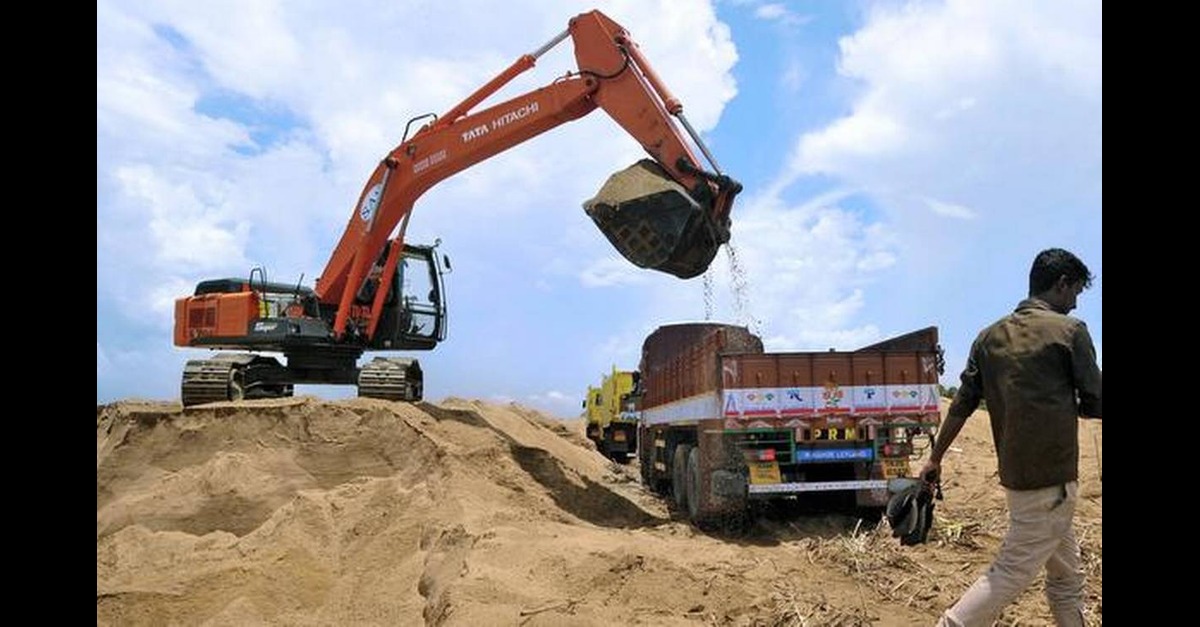Case Name: State of Uttar Pradesh & Anr. v. Gaurav Kumar & Ors.
Case Number: Civil Appeal No. 14170 of 2024 (with connected appeals)
Date of Judgment: 8 May 2025
Quorum: Justices Pamidighantam Sri Narasimha and Manoj Misra
FACTUAL BACKGROUND
The appeals stemmed from a National Green Tribunal (NGT) ruling that invalidated the District Magistrate of Saharanpur e-auction notice for riverbed sand mining which was issued on February 13 2023. As required by the Environmental Impact Assessment (EIA) Notification 2006 (as amended) the NGT concluded that the auction process was started without a valid and final District Survey Report (DSR). There was only a draft DSR dated January 13 2023 at the time of the auction; the last valid DSR which had been issued in 2017 had expired in 2022. The Supreme Court heard challenges to the NGTs order from the respondents some of whom were successful bidders.
ISSUES FOR DETERMINATION
- Whether a draft District Survey Report (DSR) can form the basis for triggering the e-auction process and environmental clearance?
- Whether the NGT ruling to quash the e-auction notice and LOIs issued in the absence of a final DSR was reasonable under the EIA Notification regime?
LEGAL PROVISIONS
Environment Protection Act, 1986. EIA Notification, 2006 (as amended in 2016 and 2018). Enforcement and Monitoring Guidelines for Sand Mining, 2020. Article 21 of the Constitution of India.
APPELLANT’S CONTENTIONS
The State of Uttar Pradesh and private appellants who were successful holders of LOIs argued that the e-auction was carried out in good faith and that the draft DSR was adequate to start the bidding process. They maintained that the DSR was in the process of being finalized and had been approved by the State Environmental Impact Assessment Authority (SEIAA) and the State Expert Appraisal Committee (SEAC). Additionally they argued that the NGTs decision was unduly strict and disruptive and that the e-auction process was in line with the pressing development needs.
RESPONDENT’S CONTENTIONS
Sand mining operations started without a valid DSR were blatantly unlawful according to the main respondent a Haryana resident and they also violated binding environmental law and court decisions. To ensure a scientific evaluation of the ecological impact it was argued that environmental clearances should be based on final DSRs rather than drafts. They denounced the evasion of public consultation and procedural safeguards and cited the Supreme Court’s ruling in Deepak Kumar to emphasize the importance of exercising due environmental diligence.
ANALYSIS
The Supreme Court firmly reiterated that the first step in obtaining environmental clearance for sand mining is completing a District Survey Report (DSR). According to the ruling a draft DSR lacks legal standing and cannot serve as the foundation for electronic auctions or project evaluations conducted by regulatory bodies such as DEIAA and DEAC. From the EIA Notification in 1994 to the comprehensive framework in 2006 and the 2016 amendments that mandated the preparation of public disclosure and periodic revision of DSRs the Court charted the legislative evolution. The importance of environmental governance and the precautionary principle were firmly supported by the ruling. It underlined the need for rigorous adherence to protocol because uncontrolled sand mining damages ecosystems, contributes to flooding and feeds organized crime. The Court pointed out that this Court and the NGT have repeatedly ruled that any clearance given is void if the DSR procedure is not followed. According to the 2020 Guidelines issued by the Environment Ministry DSRs must be completed before an auction or Letter of Interest (LOI) is granted.
JUDGEMENT
The e-auction notice dated 13. 02. 2023 was upheld by the Supreme Court which affirmed the NGTs ruling. All subsequent LOIs included were void since they were issued without a legitimate final DSR. Every appeal was turned down.
CONCLUSION
In light of widespread and unlawful sand mining this ruling reaffirms the judiciary’s dedication to sustainable development and environmental preservation. A valid and current District Survey Report is a legal requirement for any mining activity and a draft DSR is not a replacement the Court confirmed in clear guidelines. The decision clearly states that NGT and environmental regulators jurisdiction will be upheld and that procedural shortcuts in environmental governance will not be tolerated. Enhancing accountability in environmental jurisprudence and natural resource management is an important precedent.
“PRIME LEGAL is a full-service law firm that has won a National Award and has more than 20 years of experience in an array of sectors and practice areas. Prime legal falls into the category of best law firm, best lawyer, best family lawyer, best divorce lawyer, best divorce law firm, best criminal lawyer, best criminal law firm, best consumer lawyer, best civil lawyer.”
WRITTEN BY ADI MEHTA


